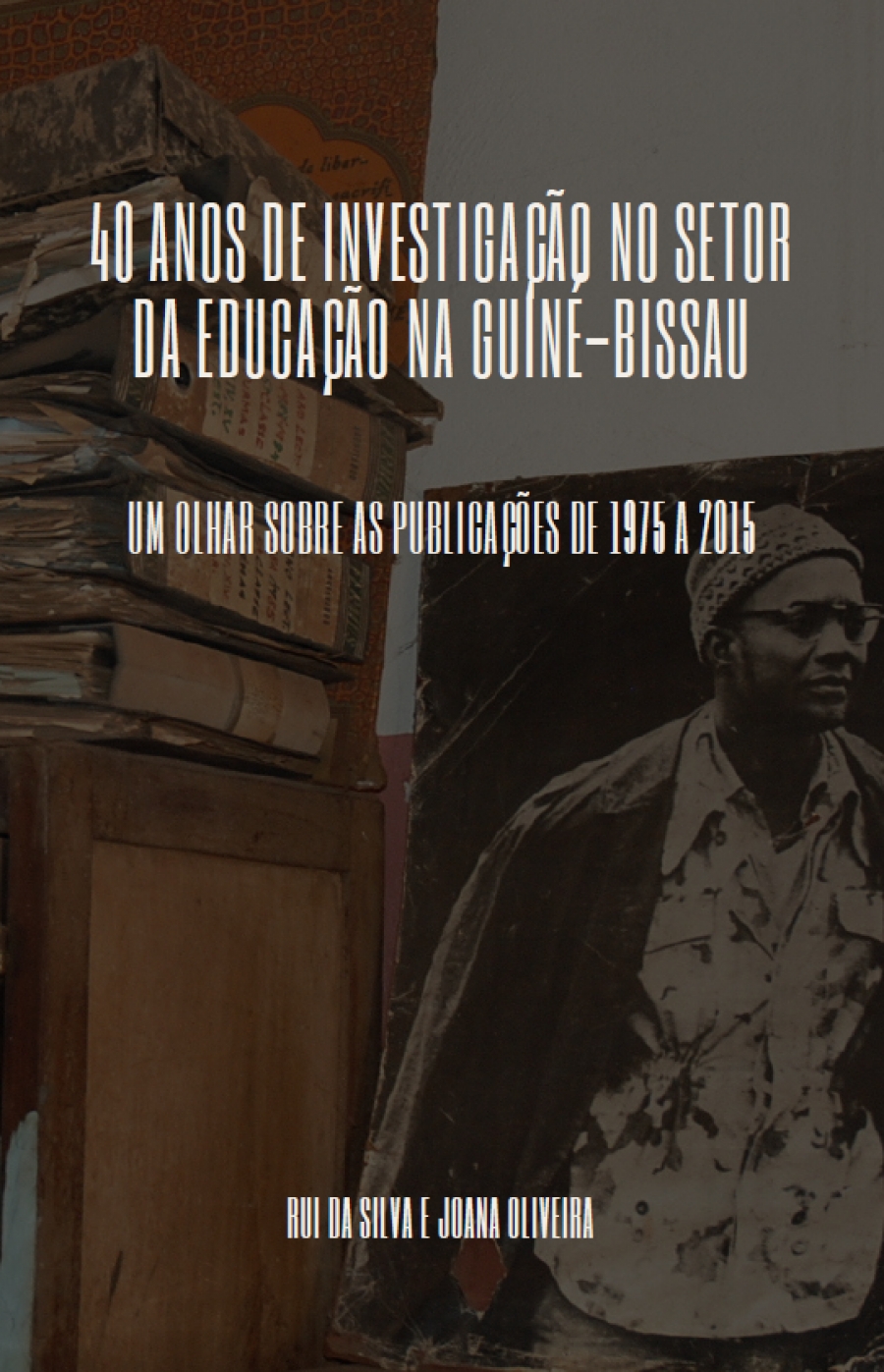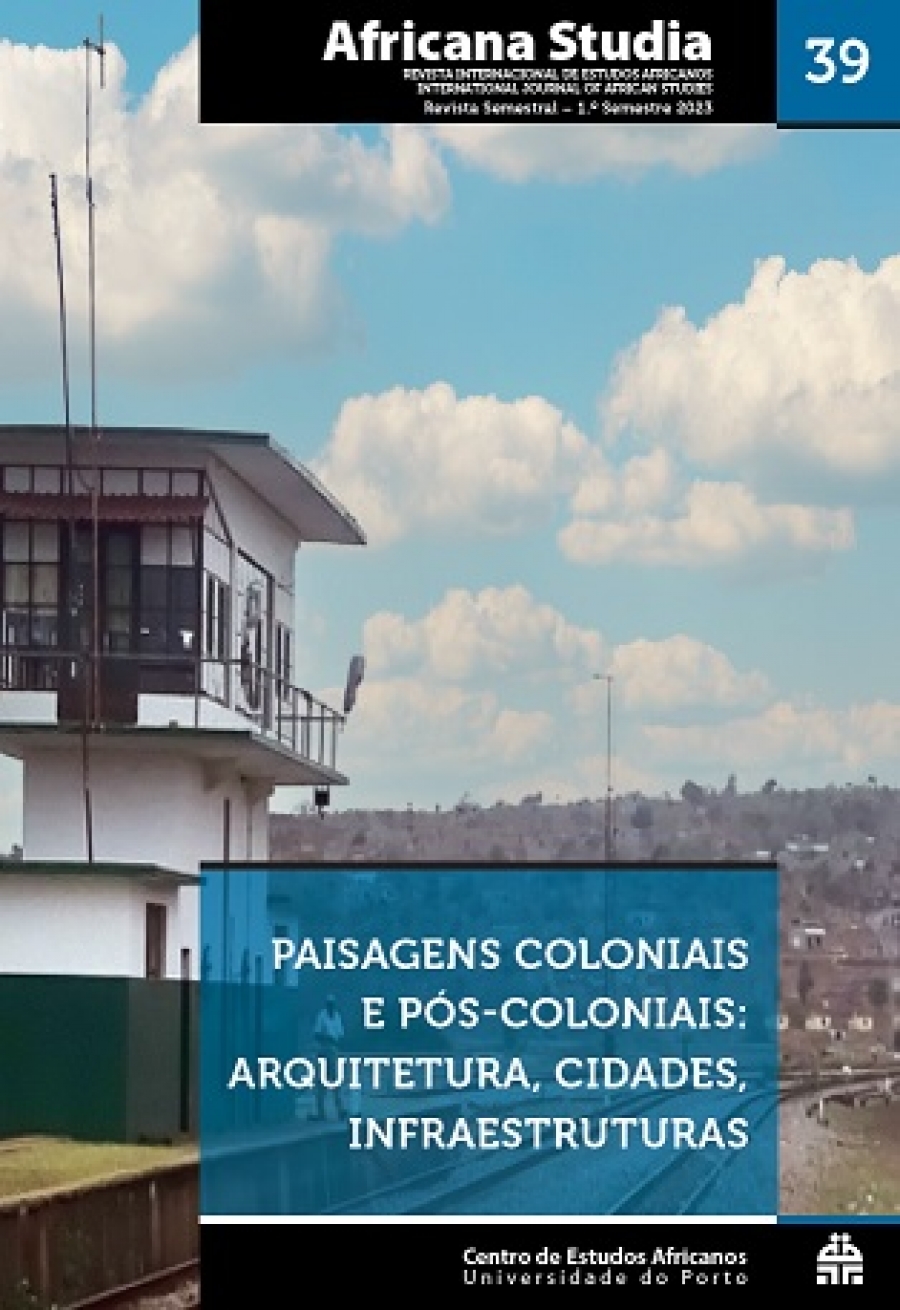
Índice:
Introduction 3
1. Methodology 4
2. The end of the Cease-fire and the increase of repression upon the Saharawi population 5
2.1. Some examples of the repression suffered by the Saharawi population since November 13th 7
November 13th 7
Between 13 and 17th of November . 7
November 14th 8
November 15th 9
November 16th 10
November 17th 12
November 19th 12
November 20th 12
November 21st 13
November 23rd 14
November 28th 14
November 30th 15
December 1st 15
December 5th 15
December 9th 16
Some of the houses currently under siege or surveillance some of them for over two months in El Aaiun, Smara and Bojador 16
Occupied city of Dakhla 17
Conclusion 19
|
|
Se está registado importe |
Eighty percent of Western Sahara has been militarily occupied since 1975 by the Kingdom of Morocco. In 1991 a cease-fire was signed between the parties. Since 1975 the Saharawi population has been under a Moroccan regime of repression, social, economic and political apartheid.
After the invasion of Western Sahara in 1975 by the Moroccan Kingdom and until the cease-fire agreement in 1991, an endless list of war crimes, that are mentioned in several reports of Amnesty International, Human Rights Watch and other International NGO’s, were committed by the Moroccan invaders against the Saharawi civil population, amongst them the bombing with Napalm and White Phosphorus of the civil population, civilians thrown out of planes, massacres and mass murders, forced disappearances, incarceration in secret prisons and torture of children, women and men amongst others.
It would be expected that with the cease-fire agreement signed by the Moroccan Kingdom and Polisario Front, the legitimate representative of the Saharawi, under the auspices of the United Nations and the African Union and the presence of a UN Mission on the ground the plight of the Saharawi population would come to a halt, but it did not.
The Kingdom of Morocco not only did not respect the signature of the cease fire, tried continuously to occupy the Guergarat region enlarging the area of occupied territory, but also attacked the civil population, robed the natural resources and made illegal trade agreements. The Kingdom did not stop there however, it also expelled MINURSO functionaries without any reprisal from the security council. All the above are also documented by AI, HRW and other international NGO’s as well as the UN.



